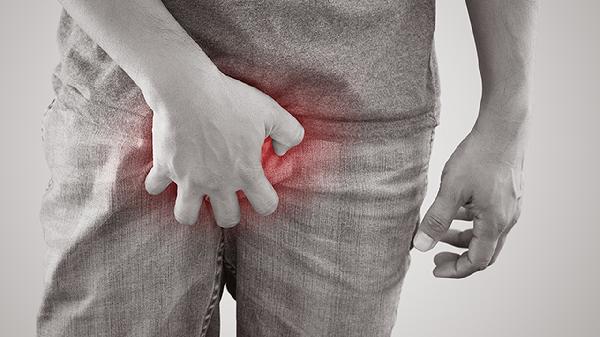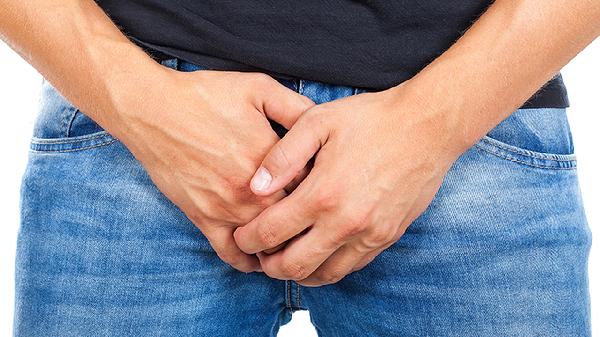Want to boost your confidence and health? Start with your posture. Good posture isn’t just about looking taller or more poised—it’s a game-changer for your overall well-being. Whether you’re sitting at your desk, walking down the street, or hitting the gym, proper alignment can reduce pain, improve breathing, and even make you feel more self-assured. Let’s dive into the best male posture tips for everyday life and transform the way you carry yourself.

Posture is the foundation of how your body functions. Slouching or hunching can lead to chronic back pain, neck strain, and even digestive issues. On the flip side, standing or sitting tall opens up your chest, improves lung capacity, and helps you project confidence. Think of it this way: your posture is like the frame of a house—if it’s crooked, everything else suffers. By fixing your posture, you’re not just improving your appearance; you’re investing in your long-term health.
Standing with good posture starts with your feet. Keep them shoulder-width apart and distribute your weight evenly. Imagine a straight line running from your earlobe through your shoulder, hip, and down to your ankle. Engage your core muscles to support your lower back and avoid locking your knees. If you’re standing for long periods, shift your weight from one foot to the other to prevent fatigue. And remember, shoulders back, not squeezed—think relaxed but confident.
If you’re glued to a desk all day, your posture can take a serious hit. Start by adjusting your chair so your feet rest flat on the floor and your knees are at a 90-degree angle. Your screen should be at eye level to prevent neck strain, and your keyboard should be close enough that your elbows stay at a 90-degree angle. Avoid slouching or leaning forward—your back should be supported by the chair. Take breaks every 30 minutes to stand, stretch, and reset your posture.
Walking with good posture is all about alignment and rhythm. Keep your head up, eyes forward, and shoulders relaxed. Swing your arms naturally, and let your hips move with your stride. Avoid looking down at your phone—it’s a surefire way to mess up your neck and spine. Instead, focus on maintaining a steady pace and keeping your core engaged. Walking tall not only looks confident but also helps you breathe better and feel more energized.
Your posture doesn’t take a break when you hit the sack. The way you sleep can impact your spine and overall comfort. If you’re a back sleeper, use a pillow that supports the natural curve of your neck and place a small pillow under your knees to relieve pressure on your lower back. Side sleepers should opt for a thicker pillow to keep their head aligned with their spine and place a pillow between their knees to maintain hip alignment. Stomach sleeping is a no-go—it strains your neck and flattens the natural curve of your spine.
Strength training and stretching are your secret weapons for improving posture. Focus on exercises that target your core, back, and shoulders, like planks, rows, and shoulder presses. Stretching your chest, hip flexors, and hamstrings can also help counteract the effects of sitting all day. Yoga and Pilates are fantastic for building body awareness and improving alignment. Remember, consistency is key—make these exercises part of your routine to see lasting results.
Posture isn’t just physical—it’s mental, too. Studies show that standing tall can boost your mood and confidence, while slouching can make you feel more anxious or down. Practice mindfulness to become more aware of your posture throughout the day. Set reminders on your phone or use posture-correcting apps to keep yourself in check. Over time, good posture will become second nature, and you’ll feel the benefits in both body and mind.
Improving your posture is one of the simplest yet most impactful changes you can make for your health and confidence. By incorporating these tips into your daily routine, you’ll stand taller, feel stronger, and project a more confident version of yourself. So, straighten up, take a deep breath, and own the space around you—your body (and mind) will thank you.
























